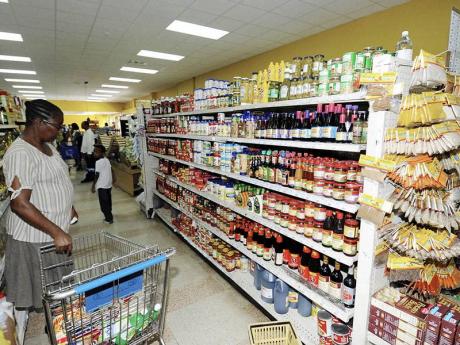The cost of Goods and service seems to be on an upward spiral as consumers in Jamaica continue cry. Consumers on the street indicated that the prices are fluctuating and the money they spent previously cannot suffice.
Consumers are also complaining about the high taxes imposed on food items.
Prime Minister Andrew Holness addressed the concerns during an annual conference on Sunday highlighting that in the Government’s recent supplement budget the Minister of Finance announced an initiative to support vulnerable households with food to cushion the impact of inflation.
The Inflation target in Jamaica in 2020 was 4% however that number has doubled.
Food prices have risen at a faster average rate since the onset of the pandemic than they did over the prior decade. Since April 2020, food prices have increased an average of 3.6% for food bought for at-home consumption and 3.9% for food away-from-home on a monthly year-over-year basis.
This is a marked increase from the decade leading up to the pandemic when prices increased an average of 1.2% for food bought for at-home consumption and 2.5% for food away-from-home on a monthly year-over-year basis.
Food prices were rising pre-COVID, but the pandemic has intensified the trend. Supply chain disruption, rising shipping costs, poor growing conditions in exporting nations, and skyrocketing demand as governments stockpile commodities are some of the drivers of inflation.
These global trends tend not to hit consumer prices immediately, particularly in developed economies, but developing countries are more exposed to volatility.




